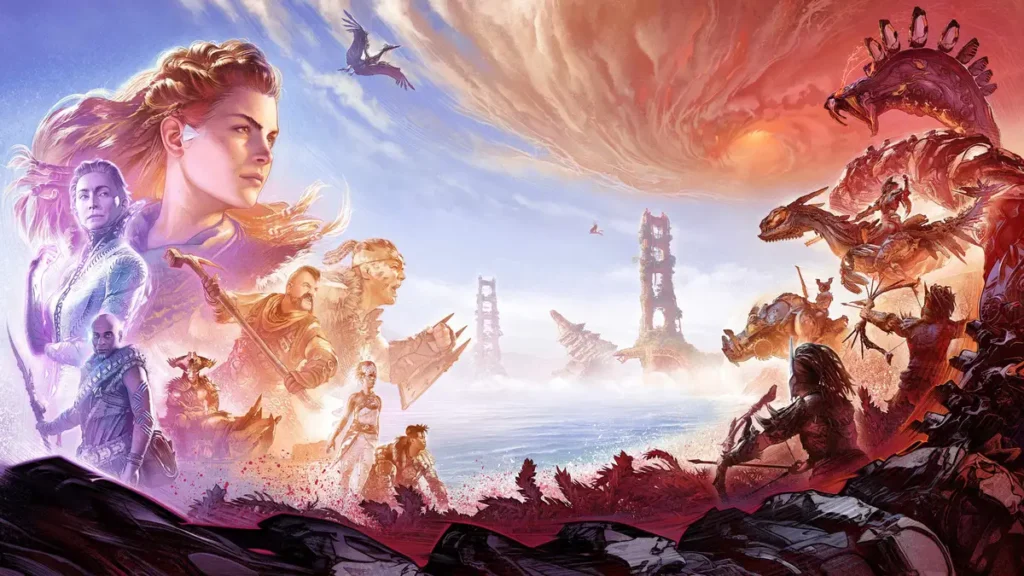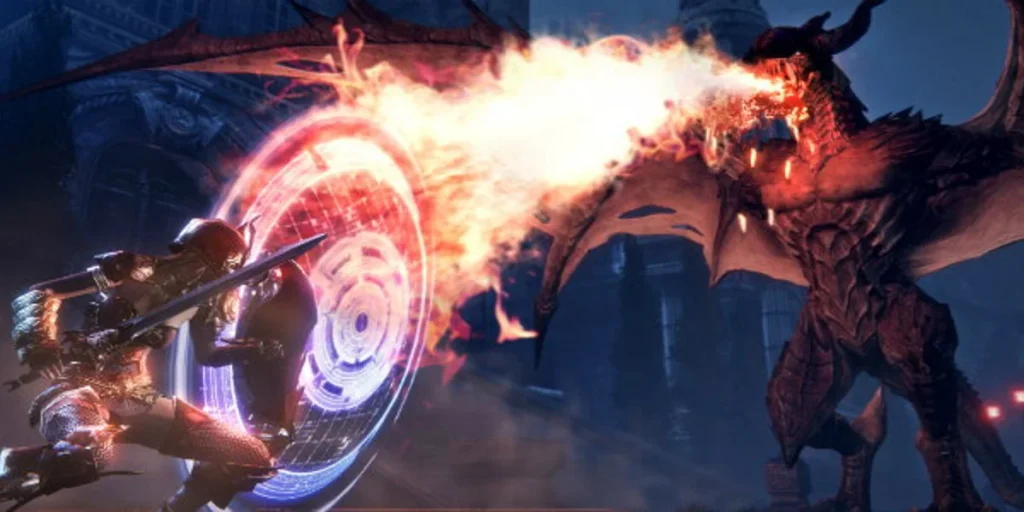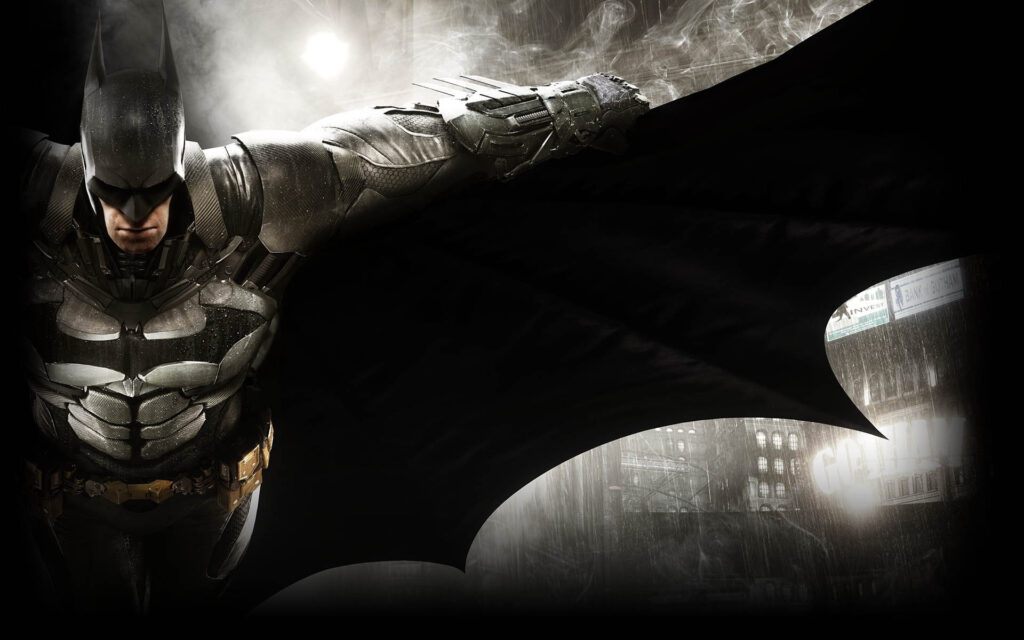As a dedicated gamer, I’ve been eagerly following the hype surrounding Battle Journey: Journey Into Battle for months. According to early reviews, the gameplay is shaping up to be even more impressive than its predecessor, Battle Journey: Fight Trip. The visuals are stunning, and with a seasoned cast of voice actors, the story promises to be rich and engaging.
Despite initial concerns about another entry in the Battle Journey series after the mixed reception of Battle Journey: Future Past, early feedback suggests that this new installment will be a thrilling adventure that fans will love. I’d be fully on board with the excitement—if only my online quirks didn’t make me second-guess everything.

Having played video games for decades, I’ve seen how the industry has evolved. My tastes have been firmly rooted since the release of Metal Gear Solid in 1998, a game I believe I understand deeply. It masterfully explores themes like war, corruption, and the military-industrial complex, but it does so subtly—without overwhelming the player with politics.
Nowadays, it feels like politics are front and center in every game, and it’s hard to find one that isn’t pushing an agenda. Take Battle Journey: Journey Into Battle, for instance. The game lets you choose pronouns for your character—”her,” “him,” or “they.” To me, this breaks with tradition and feels like a forced attempt at being woke, straying from what made games great in the first place. It’s a trend I find troubling, especially when it comes at the cost of the gameplay experience that real fans crave.

The character creator offers 97 dropdown options with sliders that let me customize everything, from eye shape to body proportions. However, the mere possibility that someone might assign a pronoun to my character that I wouldn’t choose? That thought alone is infuriating, even though ignoring it would require minimal effort.
Now, about the romance options. While I can design the main character to resemble the father figure I always wanted, the available romance paths are unsettling. For instance, if I play as a male character, I have the option to date other male characters. The game doesn’t force this on me, and it won’t even come up unless I deliberately select certain dialogue choices. Yet, knowing that this option exists bothers me for reasons I’ve never fully examined.
I keep saying that these elements are being “shoved down my throat,” a phrase I oddly repeat whenever something I dislike crosses my path. Despite my complaints, none of these so-called “woke” features actually make me spend money or engage negatively with the game’s community—something everyone else seems quite relieved about.

It’s frustrating when game character designs don’t meet certain expectations. Recently, I’ve spent a significant amount of time and effort communicating with the game’s art team, voicing my opinions on the design choices—particularly regarding the head shapes of female characters. I’ve even gone as far as using calipers to measure the skull proportions of the main female sidekick from the trailer, hoping for a design closer to what I envision.
However, my analysis led me to the conclusion that the character design didn’t resonate with me personally. This disconnect made it difficult for me to appreciate her presence in the game. It’s an interesting realization that when characters aren’t aligned with my preferences, I sometimes perceive them as a negative influence on my experience. It’s important to acknowledge that this feeling isn’t unique—many players across the gaming community have similar reactions when characters or elements don’t align with their expectations. It’s a reminder that gaming is a deeply personal experience, and our preferences can shape how we perceive the content we engage with.

Sure, here’s a revised version of that paragraph:
Let’s get off the soapbox for a moment: You all love a boycott when it suits you. Some of you even refused to buy a game because the creator of its setting is outspoken against civil rights. Seriously, think about it. “I’m not buying this because the creator has credible allegations of sexual abuse.” “I’m not buying this because the company mistreated its workers.” Meanwhile, I’m over here worrying about the real issues—like whether or not plastic women should be included in plastic board game armies.
Have you ever considered boycotting a game for a legitimate reason, like if they collaborated with a consulting firm to get non-mandatory feedback on how to portray a disabled character? Sure, most people understand that consulting companies have been doing this kind of work for ages, but I have the memory of someone from Memento, so explaining it to me is like writing in sand.
Look, your side complaining about layoffs isn’t much different from me obsessively making videos about the jawlines of characters in games I’ve already sworn off buying. Speaking of which, I need to circle back to that because, for some reason, my fixation on imperfect digital jawlines is more crucial to me than fresh air or a sunny day. Maybe that’s why I’m the least talked-to person on family Zoom calls.
Of course, I’m not being shallow here. My frustration with Battle Journey: Journey Into Battle isn’t just about one thing. You won’t believe this, but there’s someone online—someone I absolutely can’t stand—who’s excited about the game. I’m almost in tears just thinking about it. How can I like something if someone I disagree with also likes it? Why don’t I like this person? Honestly, I have no idea! Maybe I saw a video that blamed her for the decline of gaming. Not directly, of course—she’s not responsible for anything specific. She just exists and has more influence in the gaming industry than I do, and nothing has caused me more inner turmoil than knowing that.
Oh, and she’s mentioned having had sex before, which somehow makes me even more upset. I know it’s contradictory that I get mad when women in games aren’t sexy enough, yet I find this reality infuriating. But in my confused mind, it all makes sense: sex and women should be two things—fictional and confined to video games.

“I won’t be purchasing Battle Journey: Journey Into Battle, but it’s a game I’ll never stop talking about. I might even go as far as using Google Translate to send complaints in French or posing as a professor from another country to give my opinions an air of authority. Instead of enjoying games I actually like, I’ll likely spend more time arguing online about trivial details with strangers. Ironically, the only games I tend to enjoy are those that seem to upset my perceived ‘enemies.’ So, I guess I’ll just have to wait for the next controversy to decide what to play next.”
